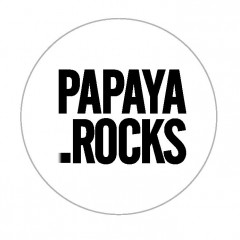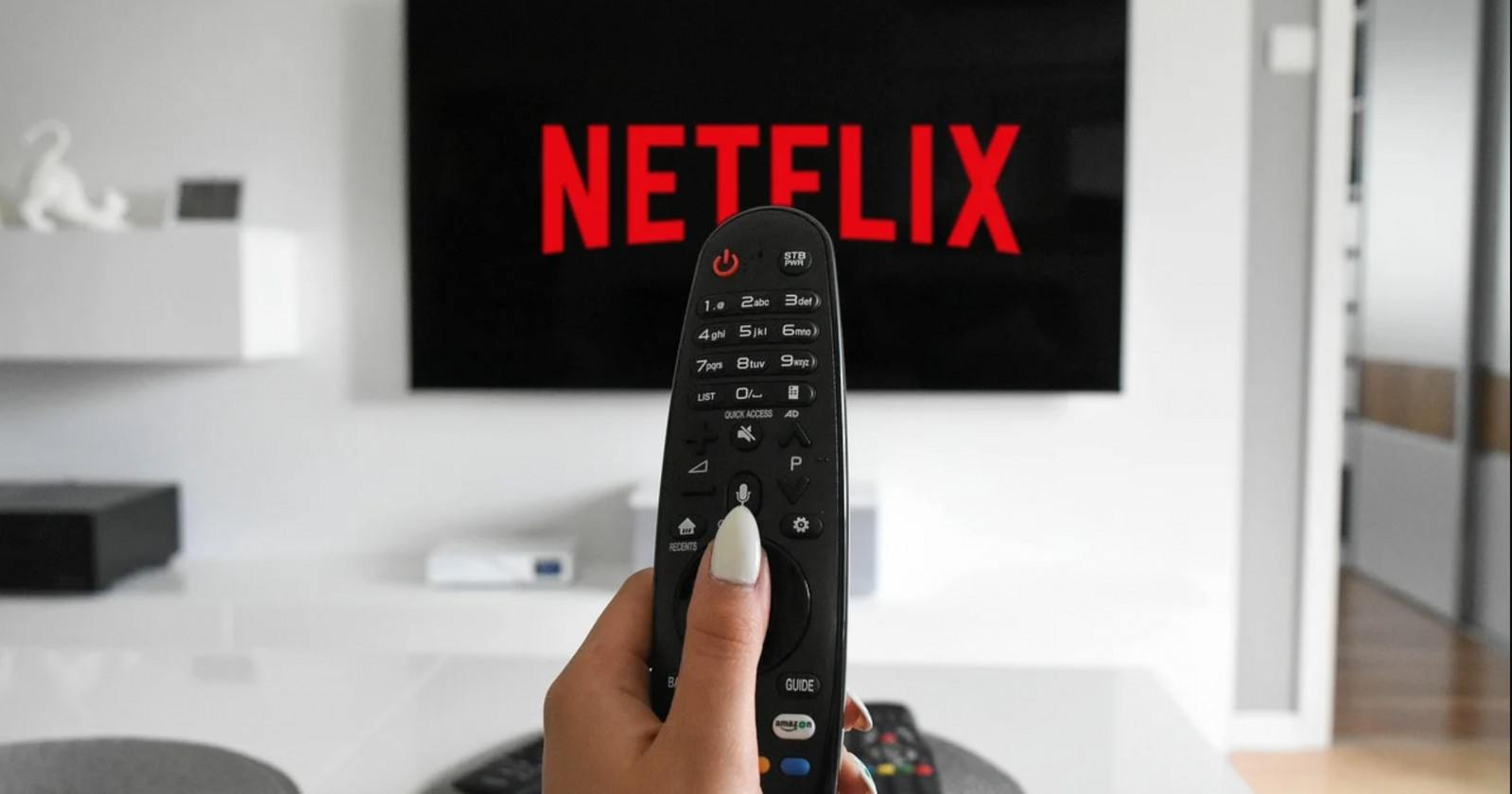
Netflix Users Launch Petition in Defense of End Credits27.11.2020
In the open letter he penned to Netflix, Mark Boszko argues that the recommendations the platform floods us with as the credits begin feel disruptive to the experience.
In the cinema, as the final scene in the film fades to black and the credits begin the roll, much of the audience tends to get up from their seats and head for the exit, believing that by that point the filmmakers had already said everything they wanted to. Some pictures, however, play with the expectation and reserve choice bits and pieces for those who decide to brave the few minutes of credits. Some filmmakers, like Hal Ashby in Being There, use the sequence to show deleted scenes or takes that were rejected in editing, others use it to foreshadow storylines from a planned sequel. The latter option is famously used by the Marvel Cinematic Universe, with directors and producers arguing that a close reading of the end credits doubles as an informal way of saying “Thank you” to everyone involved with the film.
The very existence of the end credits seems to somewhat inconvenient for the streaming giant. Instead, owners of the platform keep looking for new ways to indulge binge-watchers—aside from algorithm-driven recommendations implemented earlier, in August, Netflix introduced the ability to change playback speed. The suggestions offered by the platform appear almost immediately after the film we’re watching draws to a close. And although viewers can dismiss the pop-up and return to the end credits, the button that takes them back is barely visible and disappears after a few seconds.
This is not the first time that the question has been brought up. Composer Daniel Pemberton, who scored Netflix’s Enola Holmes And The Trial of the Chicago 7 expressed similar reservations regarding the streaming platform’s approach to end credits in a piece for The Guardian earlier this June.
“The end credit sequence is an unsexy but still important part of the film-going experience. It can be a key moment of contemplation, to assess, absorb and reflect on everything you have just experienced. It can be a moment of musical resolve. It can be a place to see the countless hundreds of people who worked to create something from nothing (not just the famous ones). Or it can just be an excuse to look for crew members with funny names,” he wrote. To illustrate his argument, he compared the Netflix approach to finishing a meal in a restaurant where the moment “that final spoonful goes in your mouth the waiter runs over, noisily clears the plates away and shoves a new menu under your nose, while insisting that you order the set menu immediately.”
Soon after Pemberton penned his complaint, Seattle-based video producer Mark Boszko launched an online petition in which he called on Netflix to abstain from shrinking the end credits in favor of full-screen recommendations and trailer for its other content. “I'm sure not everyone feels the same way about the credits, but at least give us the option for a peaceful credits experience. (...) We just want to watch the film or episode as its creators made it, without modification,” he wrote.
To date, the open letter was signed by over 10,000 people. Read it in its entirety HERE.
see also
- Papaya Young Directors 2021: breaking records and setting new challenges for the industry
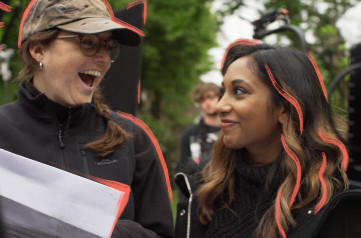 Papaya Young Directors
Papaya Young DirectorsNews
Papaya Young Directors 2021: breaking records and setting new challenges for the industry
- Stop Waiting, Act Now—meet the first sponsors of the 2019 Papaya Young Directors Competition Papaya Young Directors
News
Stop Waiting, Act Now—meet the first sponsors of the 2019 Papaya Young Directors Competition
- Anna Cangellaris: At the start, be brave enough to be wrong
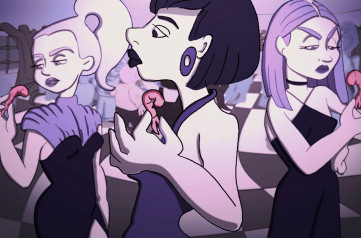 Papaya Rocks Film Festival
Papaya Rocks Film FestivalPeople
Anna Cangellaris: At the start, be brave enough to be wrong
- Mick Champayne | "Okay Google..."

Trends
Mick Champayne | "Okay Google..."
discover playlists
-
PZU
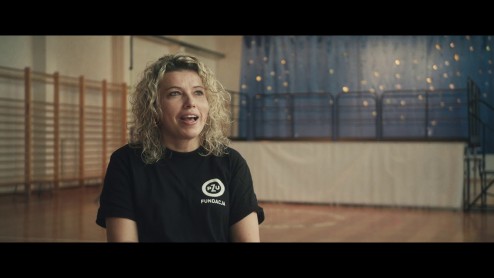 04
04PZU
-
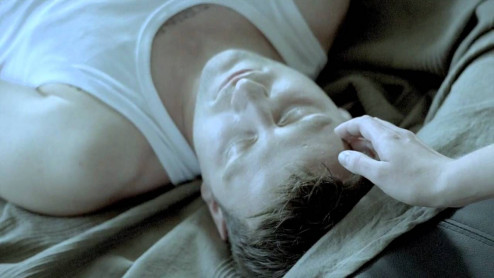 05
05 -
Cotygodniowy przegląd teledysków
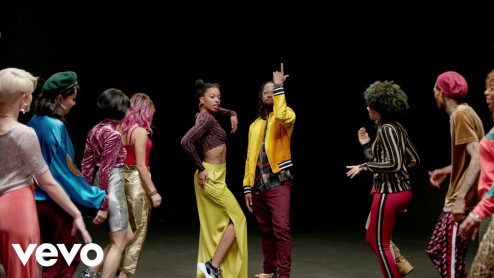 73
73Cotygodniowy przegląd teledysków
-
Nagrody Specjalne PYD 2020
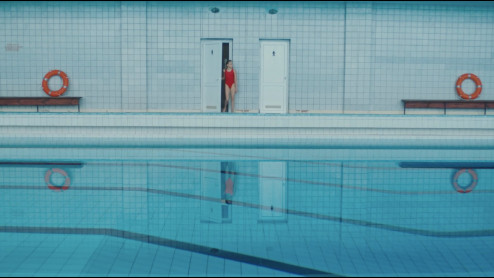 02
02Nagrody Specjalne PYD 2020
